February 26, 2026
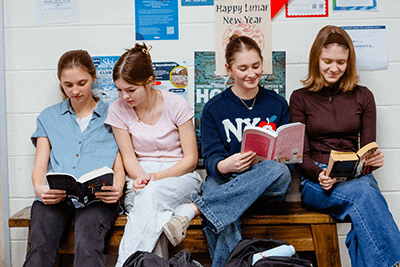 from Mark Segal, Upper School director
from Mark Segal, Upper School director
As we move into the final stretch before spring break, I want to thank our students, families, and faculty for the focus, care, and commitment that define our Upper School community. With just over a week (187 hours to be exact) remaining until break, there is still meaningful academic work underway. There are projects to complete, assessments to prepare for, and responsibilities that require students to remain fully engaged. This time of year can feel demanding as our workload continues to feel as though there is no end to it, but it is also an opportunity to reinforce the habits of perseverance and organization that will serve our MPA Upper School students well beyond the classroom.
Maintaining strong routines and high standards right up to the start of spring break matters. The learning that happens in these final days before a pause is not superfluous—it is an essential part of our curriculum and our shared commitment to excellence. We ask students to continue arriving at school prepared, managing their deadlines and assignments thoughtfully, and supporting one another as classmates, peers, and friends. Doing our best work, even with a two-week break just days away, is a skill that translates directly to college, careers, and adulthood. The American Psychological Association shares, “educational research shows that students who sustain their engagement through the end of a term perform better on cumulative assessments, and maintaining this academic momentum into spring break improves motivation when we return. At the same time, cognitive science tells us that planned breaks enhance memory consolidation and reduce mental fatigue. Rest, especially sleep and time away from screens, is linked to lower stress and stronger emotional resilience in adolescents.”
At the same time, spring break offers an important and well-earned opportunity for rest. We encourage students to use this time intentionally to recharge both physically and mentally. Whether that means spending time outdoors, reconnecting with family and friends, or simply slowing down and stepping away from our technological devices and the daily academic demands, allows students to return to school on March 23 refreshed and better prepared for the “push” to the end of the school year. Read More
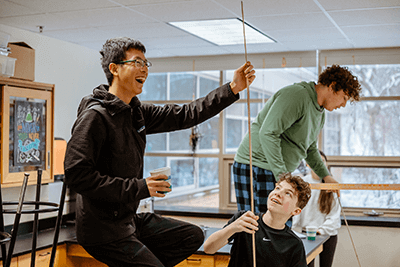 The school day PreK-12 MPA Preview is Friday, April 24, 8:30-10 AM! With community members as your hosts, you’ll visit classrooms to see students and teachers in action. The event will end with an opportunity to connect with school leadership and ask any questions you may have—both about the year ahead and what the MPA journey can look like in the years to come. This event is designed for the adult members of your family—if you will be bringing a child, please do let us know.
The school day PreK-12 MPA Preview is Friday, April 24, 8:30-10 AM! With community members as your hosts, you’ll visit classrooms to see students and teachers in action. The event will end with an opportunity to connect with school leadership and ask any questions you may have—both about the year ahead and what the MPA journey can look like in the years to come. This event is designed for the adult members of your family—if you will be bringing a child, please do let us know.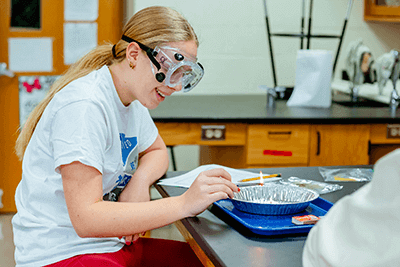 from Dr. Lori-Anne Brogdon, head of school
from Dr. Lori-Anne Brogdon, head of school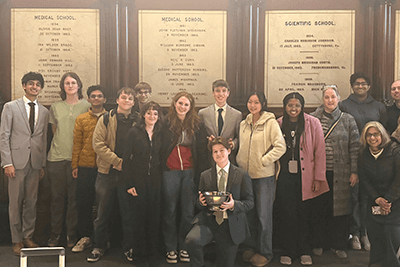 Students from Mounds Park Academy earned a record number of placements at a prestigious national speech and debate tournament held on the campus of Harvard University, marking the most successful showing in program history. Below are the results from the tournament:
Students from Mounds Park Academy earned a record number of placements at a prestigious national speech and debate tournament held on the campus of Harvard University, marking the most successful showing in program history. Below are the results from the tournament: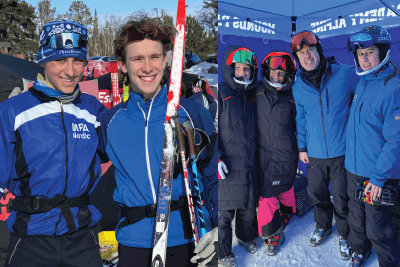 Congratulations to the Mounds Park Academy alpine and Nordic ski teams that turned in strong performances at their respective state meets, highlighted by top-10 individual finishes and a fifth-place team result by the boys Nordic team!
Congratulations to the Mounds Park Academy alpine and Nordic ski teams that turned in strong performances at their respective state meets, highlighted by top-10 individual finishes and a fifth-place team result by the boys Nordic team!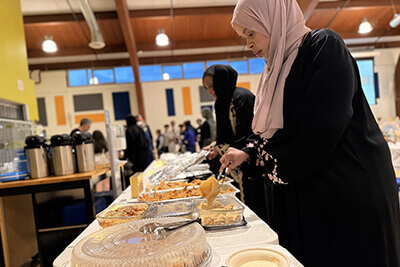 The MPA Muslim Student Association (MSA) and families have the honor of hosting a Ramadan Iftar Celebration. The MSA warmly invites all members of the Mounds Park Academy community—students, families, alumni, faculty, and staff—to come together in the spirit of unity and reflection. The Iftar will be held on Thursday, February 26, 5-8 PM in the Family Commons.
The MPA Muslim Student Association (MSA) and families have the honor of hosting a Ramadan Iftar Celebration. The MSA warmly invites all members of the Mounds Park Academy community—students, families, alumni, faculty, and staff—to come together in the spirit of unity and reflection. The Iftar will be held on Thursday, February 26, 5-8 PM in the Family Commons.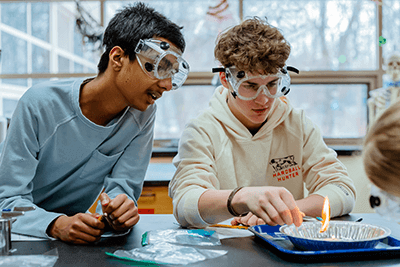 At the 2024 Spring Auction, our community said “yes” to strengthening how we support all learners through the Center for Inclusive Teaching and Learning. Teachers were equipped with new strategies and tools to meet students where they are. Classrooms became more flexible, more thoughtful, more responsive. But there is still so much more we can do to not only support neurodiverse learners but all students at MPA.
At the 2024 Spring Auction, our community said “yes” to strengthening how we support all learners through the Center for Inclusive Teaching and Learning. Teachers were equipped with new strategies and tools to meet students where they are. Classrooms became more flexible, more thoughtful, more responsive. But there is still so much more we can do to not only support neurodiverse learners but all students at MPA.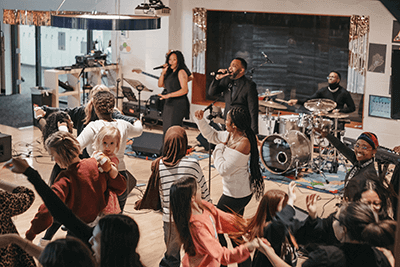 Join us as we come together as a community to celebrate Black history, culture, and contributions through a powerful, engaging, and student-led experience for Rooted: A Black History Month Showcase on Wednesday, March 4, from 4-6 PM in the Family Commons, Nicholson Center, and Upper School Commons. Throughout February, students across all divisions have been exploring this year’s theme, Rooted, reflecting on history, identity, creativity, excellence, resilience, and community. Their learning and projects will culminate in a dynamic evening celebration that highlights student voice, artistry, and leadership.
Join us as we come together as a community to celebrate Black history, culture, and contributions through a powerful, engaging, and student-led experience for Rooted: A Black History Month Showcase on Wednesday, March 4, from 4-6 PM in the Family Commons, Nicholson Center, and Upper School Commons. Throughout February, students across all divisions have been exploring this year’s theme, Rooted, reflecting on history, identity, creativity, excellence, resilience, and community. Their learning and projects will culminate in a dynamic evening celebration that highlights student voice, artistry, and leadership.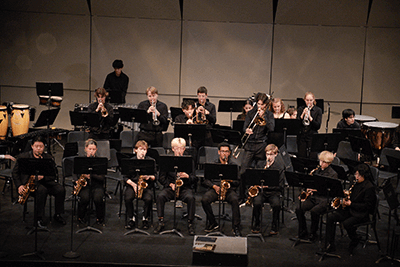 From Gavin Thorson ’22
From Gavin Thorson ’22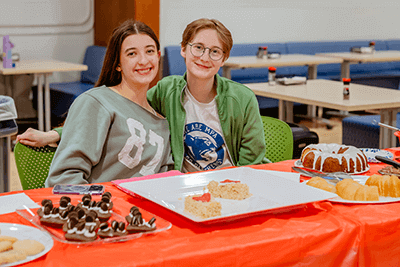 from Mark Segal, Upper School director
from Mark Segal, Upper School director